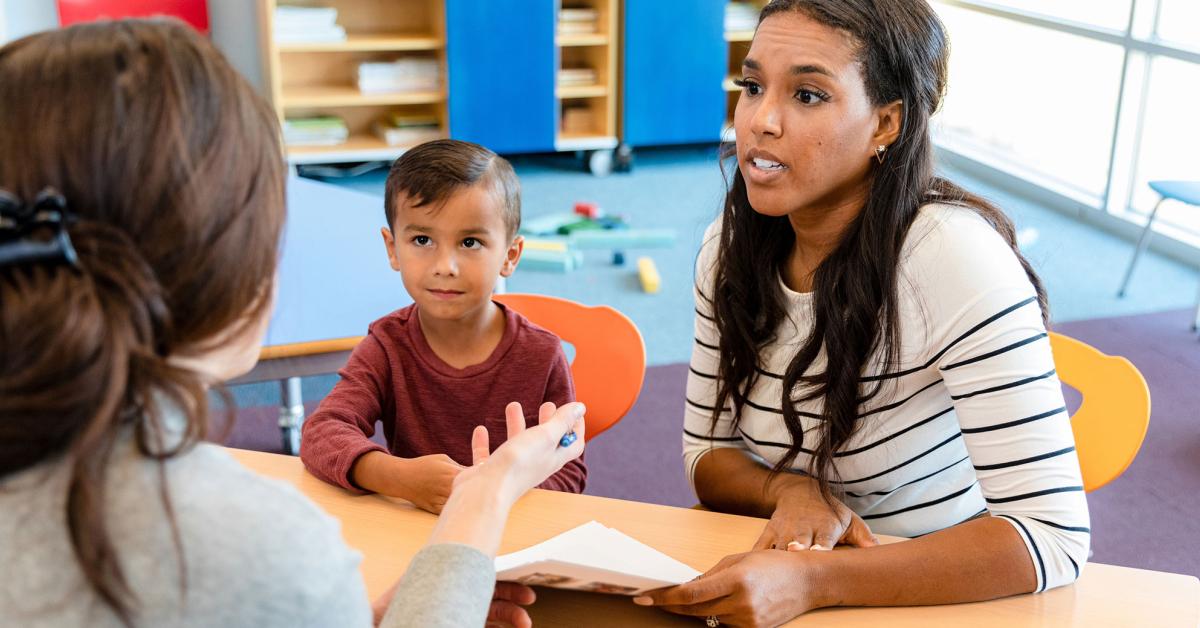Smoothing School Transitions for Military Children: 5 Tips
Adjusting to a new school can feel overwhelming, especially for military children. To help, start by connecting with a support network through workshops and mentor programs. Build a strong relationship with school staff and plan ahead for academic records. Address emotional well-being by seeking counseling resources and providing a safe space for feelings. Joining clubs and attending school events can help integrate into the community. Embracing these tips can ease the adjustment process and support your child’s acclimation to the new school environment.
Key Takeaways
- Connect with a mentor for guidance and support.
- Maintain open communication with school personnel.
- Prepare academic records and necessary paperwork.
- Seek mental health support for emotional well-being.
- Encourage involvement in the school community for a sense of belonging.
Establishing a Support Network

When moving to a new school, it’s essential for military children to establish a strong support network to help navigate the challenges they may encounter. Parent workshops can be a valuable resource for parents to connect with others facing similar situations. These workshops provide insights on how to best support your child during the adjustment period and offer strategies for dealing with any difficulties that may arise.
Mentor programs are another fantastic avenue for military children to find guidance and support. Having an older student or adult mentor can make the adjustment to a new school smoother and less overwhelming. Mentors can share their own experiences, offer advice, and provide a friendly face in a sea of unfamiliarity.
Communicating With School Personnel

Establishing effective communication with school personnel is important for military children to guarantee a smooth change and academic success in their new school environment. Building a strong parent-teacher relationship is essential.
Introduce yourself to your child’s teachers and school counselors, informing them about your child’s background and any unique needs stemming from military life. This will help them better understand and support your child.
Engage with the school counselor to develop a school shift plan tailored to your child’s requirements. This plan can include strategies to ease the adjustment period and address any potential challenges that may arise during the shift.
Maintaining open communication channels with school personnel is key. Keep them informed about any upcoming deployments or changes in your child’s routine. Regularly check in with teachers and counselors to monitor your child’s progress and well-being.
Preparing Academic Records
To guarantee a smooth shift for your military child, it’s crucial to prepare and organize their academic records before moving to a new school. Start by requesting transcripts from your child’s current school. These documents are essential for the new school to understand your child’s academic standing and to place them in the appropriate classes. Contact the school’s administrative office or counselor to facilitate this process.
Organizing documents such as report cards, standardized test scores, and any special education plans will also be beneficial. Having these materials readily available can help streamline the enrollment process and ensure your child’s educational needs are met seamlessly. Consider creating a folder or digital file with all necessary paperwork for quick access.
Addressing Emotional Well-being

Addressing the emotional well-being of your military child during school changes is essential for their successful adjustment to a new environment. Moving can be stressful, but there are resources available to support your child’s mental health. Seeking counseling resources and mental health support can provide a safe space for your child to express their feelings and work through any challenges they may face during the adjustment period.
Counseling resources can offer your child coping strategies to manage the stress of a new school. Encouraging open communication about their emotions and experiences can help them feel supported and understood.
Additionally, mental health support can assist in addressing any anxiety or sadness your child may be experiencing.
Getting Involved in School Community

Engaging with the school community can greatly enhance your military child’s adjustment experience and overall well-being as they navigate a new environment. Encouraging your child to join clubs or volunteer in school activities can help them build connections, make friends, and feel more integrated into their new school. Being part of a club can provide a sense of belonging and a platform to explore their interests, boosting their confidence and social skills.
Attending events and workshops at the school is another fantastic way for your child to get involved. These activities not only offer opportunities for your child to learn new things but also allow them to interact with peers, teachers, and other parents, fostering a sense of community. By participating in these events, your child can feel more connected and supported in their academic journey.
Frequently Asked Questions
How Can Military Children Maintain Friendships During Transitions?
Maintaining friendships during changes can be tough. Remember, friendship support thrives on communication. Keep in touch through texts, calls, and video chats. Engage in change activities together. Consider pen pals as a fun way to stay connected!
What Resources Are Available for Military Children With Special Needs?
You can find support groups and counseling services for military children with special needs. These resources provide emotional support and guidance. Additionally, educational accommodations and advocacy services are available to guarantee your child receives the assistance they need.
Are There Programs to Help Military Children With Cultural Adjustments?
Adjusting culturally can be challenging, but support programs are available to help military children with cultural assimilation. These resources offer guidance, understanding, and connections to ease your adjustment into new environments and communities.
How Can Military Children Cope With Frequent Changes in Curriculum?
Dealing with frequent curriculum changes can be tough. Remember, academic support is available from teachers and counselors. Stay positive and build emotional resilience. You’ve got this! It’s okay to ask for help.
What Strategies Can Parents Use to Support Their Child’s Social Skills?
To support your child’s social development, actively engage with their school to make sure they receive the necessary support. Your involvement and connections within the community can play a pivotal role in fostering strong social skills.
Conclusion
To sum up, by following these five tips, you can help smooth school shifts for military children.
- Establish a support network.
- Communicate with school personnel.
- Prepare academic records.
- Address emotional well-being.
- Get involved in the school community.
Remember, your support and understanding can make a big difference in helping military children thrive during times of change.
Stay connected, stay involved, and most importantly, show them the love and support they need during this challenging time.

Chad Adan Kace, a young dad from Vermont, shares his parenting journey with a touch of humor and lots of love. Father to a lively baby, he explores the joys and challenges of fatherhood through his stories.







